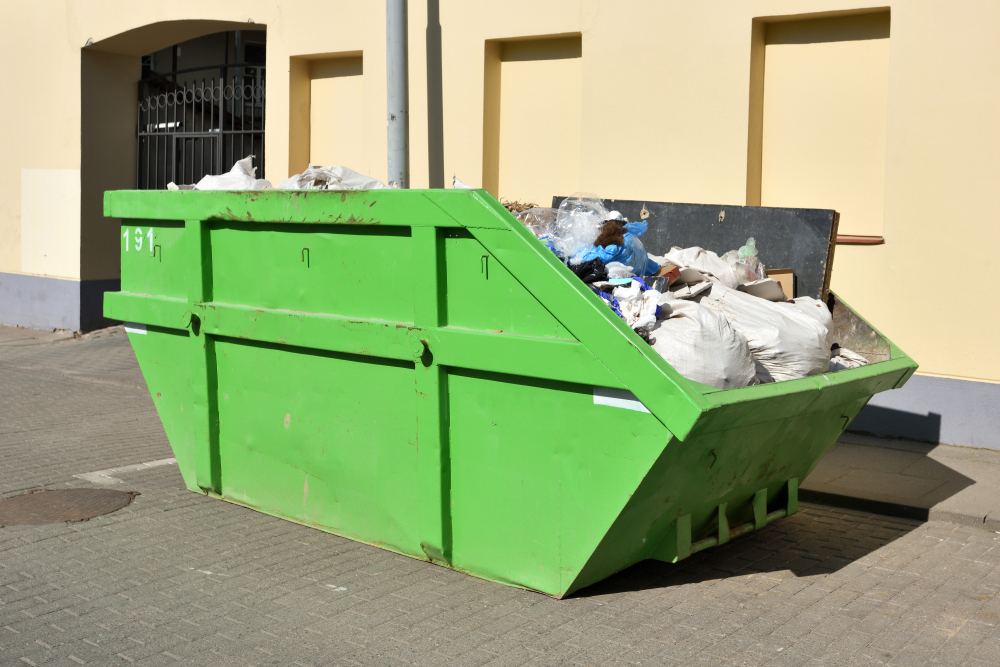5575 Magnatron Blvd Suite I San Diego, CA 92111 | License #789831
E-mail us: info@foxplumbing.com
Support: 24/7

The short answer is: Not legally. But not all garbage disposals are created equal, and some models are much better at meeting the functional and environmental expectations of San Diego’s plumbing and wastewater systems.
Here’s what to look for in a compliant and efficient garbage disposal:
Even with a high-end disposal unit, you should still be mindful of what goes down the drain. The following guidelines can help keep your plumbing system—and San Diego’s waste treatment facilities—running smoothly.
Things to Avoid:
Safe Items (in moderation):
Remember: just because a disposal can grind something doesn’t mean it should. For many San Diego households, composting food waste is an environmentally friendlier—and regulation-aligned—solution.

